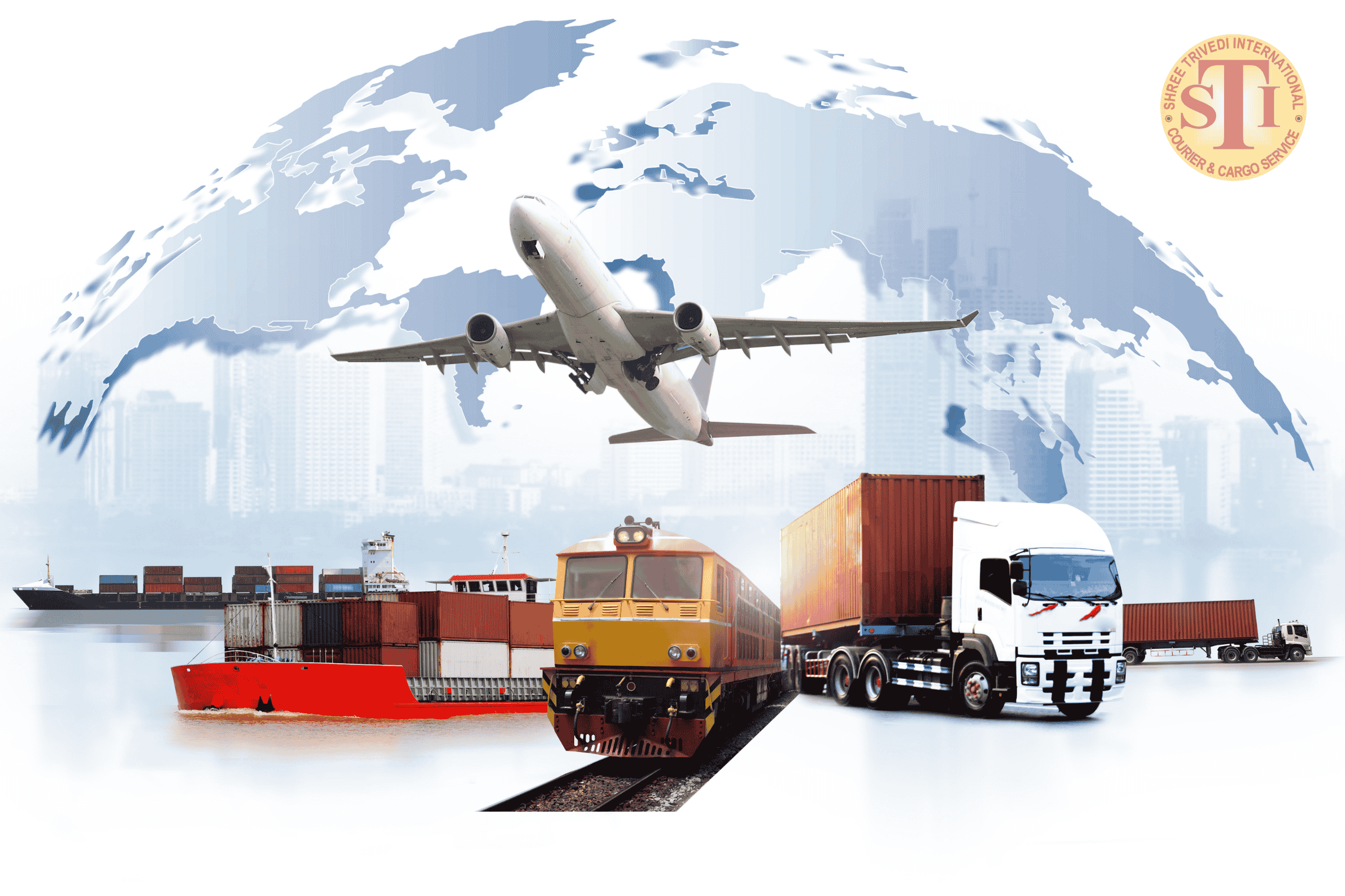What is Logistics? Definition, Importance, and Types Explained
In today's fast-paced, interconnected world, logistics has emerged as a cornerstone for global commerce. Whether it’s facilitating international courier services or ensuring seamless movement of goods, logistics plays a crucial role in the supply chain ecosystem. This blog will explore logistics, its importance, types, and how global international courier services contribute to its efficiency. By the end, you’ll have a clear understanding of why businesses must prioritize logistics for success.
What is Logistics?
Logistics is the process of planning, implementing, and managing the efficient movement of goods, services, and information from their point of origin to the point of consumption. It encompasses activities such as transportation, warehousing, inventory management, and order fulfillment to ensure that goods reach their destination on time and in optimal condition. In the context of global international courier services, logistics ensures that parcels, documents, and freight move seamlessly across borders, adhering to international trade regulations while meeting customer expectations.Importance of Logistics
Effective logistics management offers several benefits, including:1. Cost Optimization:
Streamlined logistics reduce transportation and warehousing costs, maximizing profitability.
2. Customer Satisfaction:
Timely deliveries and transparent tracking systems enhance customer experience.
3. Efficient Inventory Control:
Proper logistics ensures optimal stock levels, reducing waste and overstocking.
4. Global Reach:
Robust logistics enable businesses to expand operations internationally, breaking geographical barriers.
5. Competitive Advantage:
Companies with efficient logistics systems can deliver better service at lower costs, gaining an edge in the market.
Types of Logistics
The logistics industry is diverse, with several types catering to different stages of the supply chain. These include:1. Inbound Logistics
Inbound logistics focuses on the transportation, storage, and receipt of goods and raw materials from suppliers to manufacturers. It’s the backbone of production processes, ensuring that materials arrive on time for uninterrupted manufacturing.
2. Outbound Logistics
Outbound logistics involves moving finished goods from manufacturers or warehouses to customers. This type is critical for ensuring customer satisfaction, encompassing activities like order picking, packaging, and last-mile delivery.
3. Reverse Logistics
Reverse logistics handles the return of goods from customers to businesses. This includes returns, repairs, recycling, and proper disposal. Effective reverse logistics can enhance customer loyalty and reduce environmental impact.
4. Third-Party Logistics (3PL)
3PL providers offer outsourced logistics services, including transportation, warehousing, and distribution. Many eCommerce companies rely on 3PL services to optimize their supply chain and reduce operational burdens.
5. Fourth-Party Logistics (4PL)
4PL takes logistics outsourcing a step further by managing the entire supply chain. 4PL providers act as strategic partners, coordinating with multiple 3PLs to ensure seamless operations.
6. Digital Logistics
Digital logistics leverages technology to streamline processes. From AI-powered route optimization to blockchain for secure data sharing, digital logistics ensures efficiency and transparency in the supply chain.
Global International Courier Services and Logistics
Global international courier services are an integral part of logistics, especially in the context of eCommerce and cross-border trade. These services ensure:Customs Clearance: Efficient handling of import/export regulations to avoid delays.
Real-Time Tracking: Transparency for customers through end-to-end tracking systems.
Cost-Effective Shipping: Competitive rates for international deliveries.
Reliable Network: A robust global network for timely and secure deliveries.
Companies like DHL, FedEx, and Shree Trivedi International Courier Services exemplify the importance of logistics in maintaining global supply chain efficiency.
Key Functions of Logistics
1. Inventory ManagementEfficient inventory management ensures the right stock levels to meet demand without overstocking or understocking.
2. Warehousing
Warehousing involves storing goods safely and systematically to ensure quick access for order fulfillment.
3. Transportation Management
Transportation management focuses on optimizing the movement of goods, whether by air, sea, rail, or road.
4. Demand Planning
Accurate demand planning uses data analysis to forecast customer needs and align supply accordingly.
5. Order Fulfillment
From picking and packing to shipping, order fulfillment ensures that customer orders are processed and delivered accurately and efficiently.
Tips to Optimize Logistics Operations
1. Leverage Technology:Implement tools like route optimization software and warehouse management systems.
2. Maximize Space Utilization:
Organize warehouses with stackable shelves and designated zones.
3. Collaborate with 3PL Providers:
Outsourcing to logistics experts can reduce costs and improve efficiency.
4. Focus on Sustainability:
Adopt green logistics practices to minimize environmental impact.
5. Monitor KPIs:
Use metrics like on-time delivery rates and transportation costs to evaluate performance.


0 comments